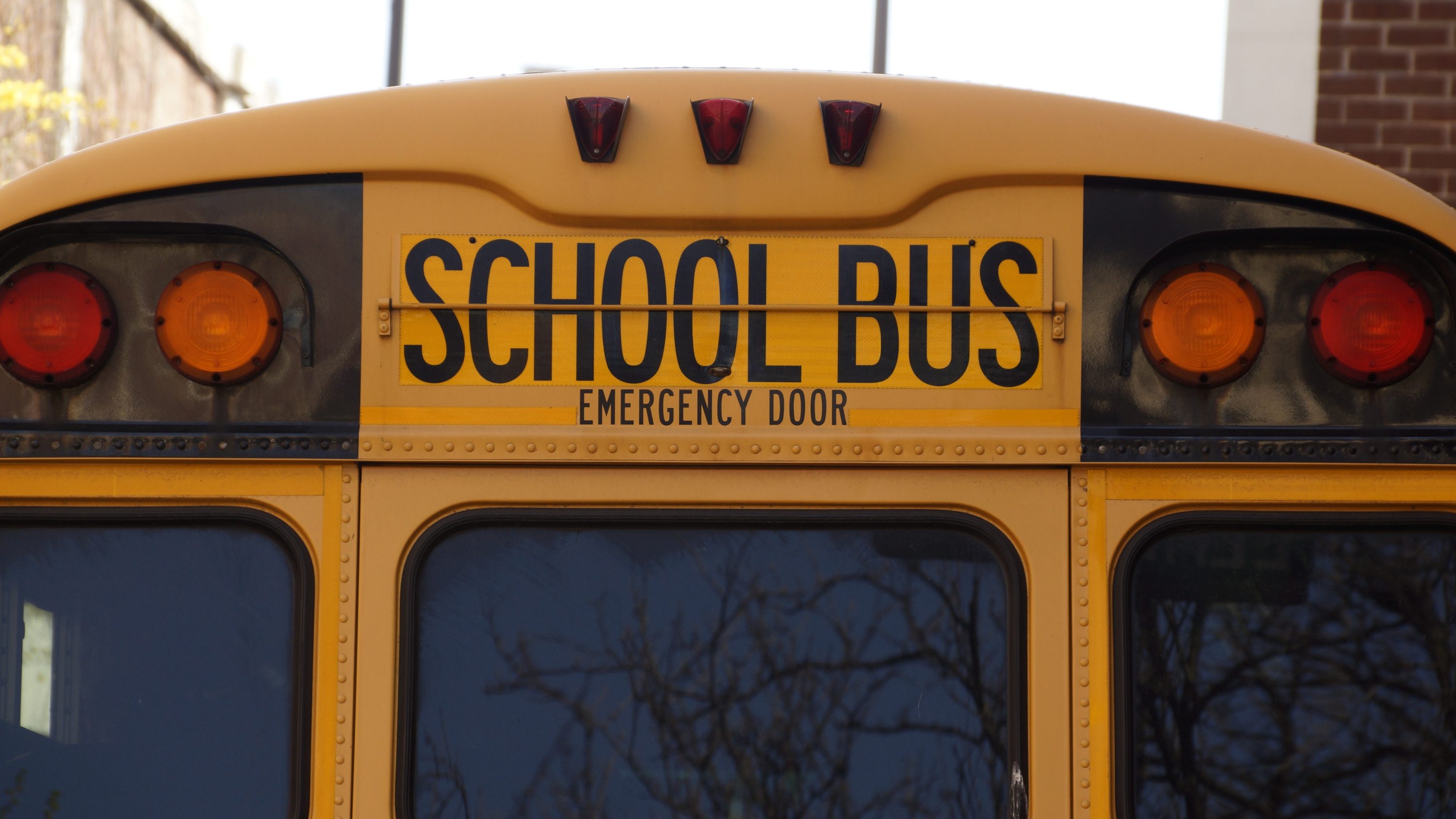Improve services for special needs students, report says

In its latest set of recommendations, the School Diversity Advisory Group — a task force commissioned by the mayor in 2017 to address school segregation — suggested the city could be doing more to accommodate students with disabilities.
The group found two areas where students with special needs were being adversely affected: school bus service and the enrollment practices of District 75, the citywide district dedicated to students with disabilities.
First, the report recommends expanding bus service to accommodate special needs students interested in after-school programs.

Brooklyn Boro
View MoreNew York City’s most populous borough, Brooklyn, is home to nearly 2.6 million residents. If Brooklyn were an independent city it would be the fourth largest city in the United States. While Brooklyn has become the epitome of ‘cool and hip’ in recent years, for those that were born here, raised families here and improved communities over the years, Brooklyn has never been ‘uncool’.